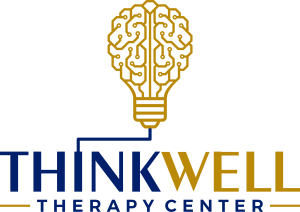Traumatic Brain Injury
Traumatic Brain Injury (TBI) refers to damage to the brain caused by an external physical force. The causes of TBI can vary widely, including falls, vehicle-related collisions, sports injuries, and violent assaults. TBI can range in severity from mild (often referred to as concussions) to severe. Mild TBI, while often overlooked, can still have significant long-term effects on cognitive function and mood.
Importance of Early Intervention
Early intervention in the case of TBI is crucial. Delayed treatment can lead to worsening of symptoms and prolonged recovery. Symptoms can evolve over time, impacting cognition, mood, and overall quality of life. Prompt treatment can mitigate these effects, aiding in a more efficient and effective recovery.
Neurofeedback for TBI
Neurofeedback, a type of biofeedback that focuses on the brain, is an emerging therapy for TBI. It involves monitoring the brain’s electrical activity and providing feedback in real-time. This feedback helps patients learn to regulate their brain function, which can be disrupted by TBI. Neurofeedback has been shown to help improve attention, reduce impulsivity, and alleviate mood disorders, all of which can be affected by TBI.
Photobiomodulation (PBM) in TBI Treatment
Photobiomodulation (PBM) involves the use of red or near-infrared light to stimulate, heal, and repair damaged brain tissue. PBM can promote cell regeneration, reduce inflammation, and increase blood flow in the brain, which are critical factors in TBI recovery. Studies suggest that PBM can improve cognitive and emotional functions compromised by brain injuries.
Amino Acid Supplementation
Amino acids play a vital role in brain health. Following a TBI, the brain’s demand for certain amino acids increases. Supplementation can support the brain’s healing process, aiding in the restoration of neurotransmitter balance, which is often disrupted in TBI. This can help alleviate symptoms like depression, anxiety, and cognitive impairments.
Neurofeedback, Photobiomodulation, and Amino Acid Supplementation represent a comprehensive, non-invasive approach to TBI treatment
These therapies, particularly when initiated early, can significantly improve outcomes for individuals with TBI. They address the multifaceted nature of TBI, targeting both the physical and psychological aspects of the injury. As our understanding of TBI evolves, these treatments are becoming increasingly important in providing effective, personalized care for those affected by brain injuries.

